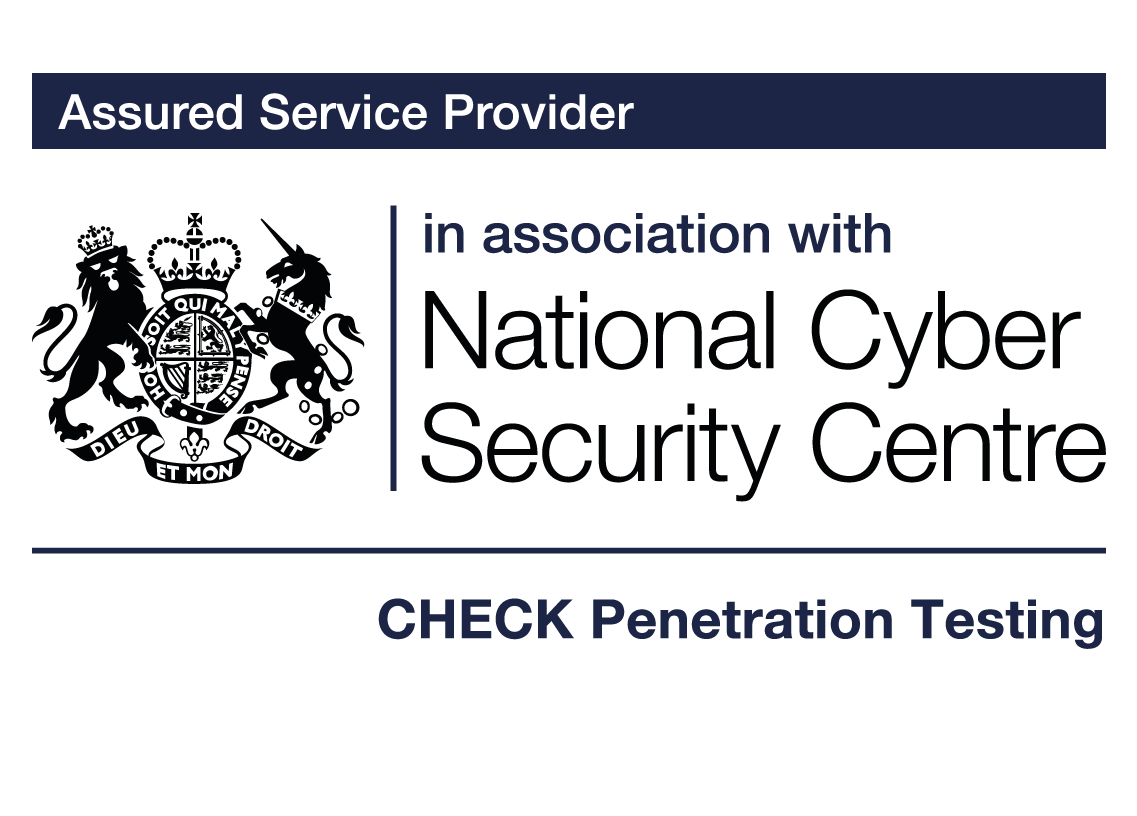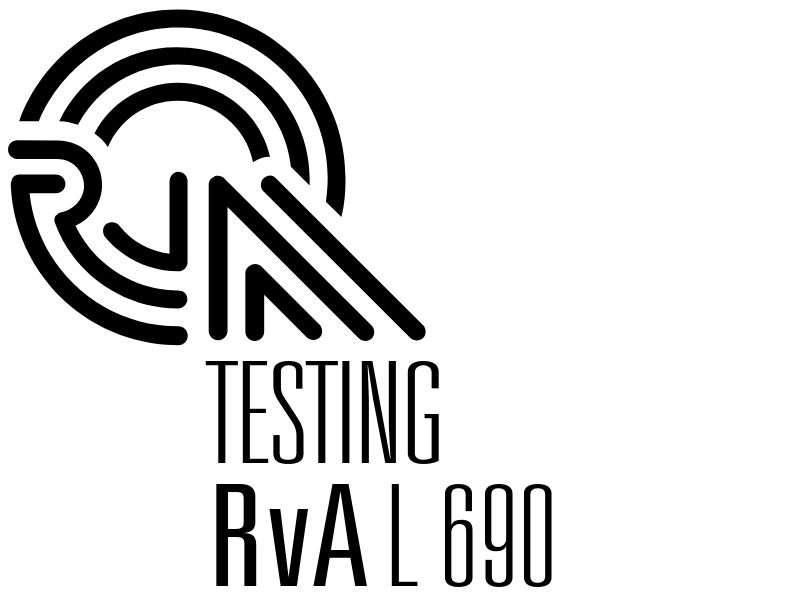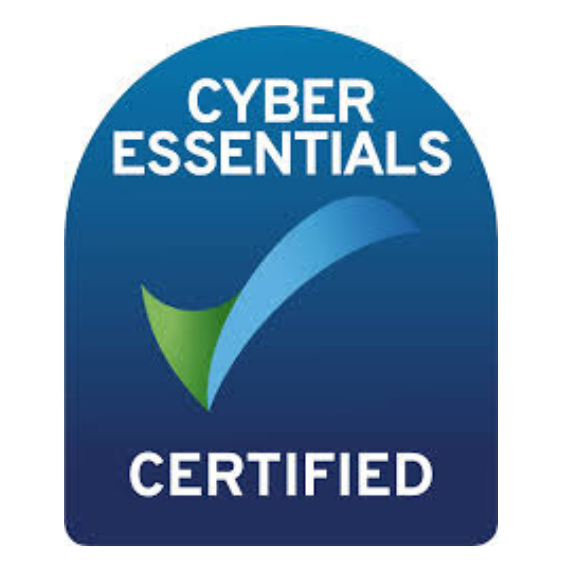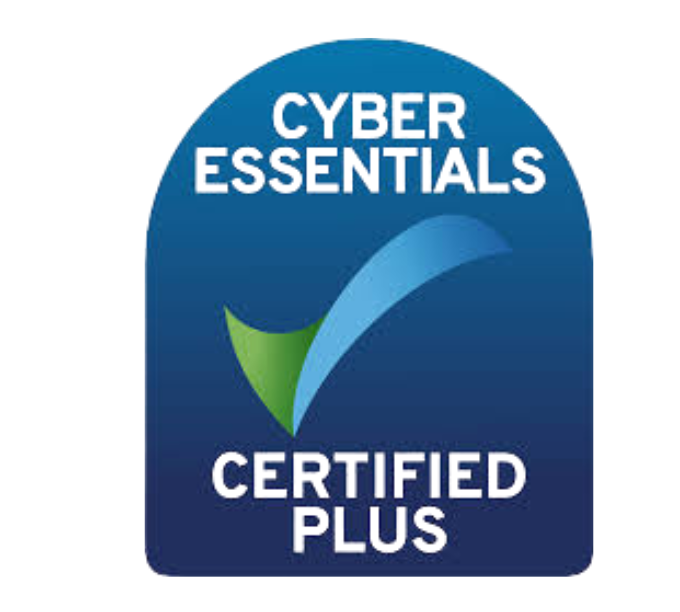1 What is slavery?
The Modern Slavery Act (MSA) 2015 covers four activities:
| Slavery | Exercising powers of ownership over a person |
| Servitude | The obligation to provide services is imposed by the use of coercion |
| Forced or compulsory labour | Work or services are exacted from a person under the menace of any penalty and for which the person has not offered themselves voluntarily |
| Human trafficking | Arranging or facilitating the travel of another person with a view to their exploitation |
This policy covers all four activities.
2 How is it relevant to us?
Modern slavery is a complex and multi-faceted crime and tackling it requires all of us to play a part. At first glance, you may think this whole subject is irrelevant to us, but it’s not.
At a very basic level, of course preventing exploitation and human trafficking, and protecting our workforce and reputation makes good business sense. We consider that our risk is low given that we engage primarily highly skilled colleagues.
The MSA 2015 recognises the important part businesses can and should play in tackling slavery and encourages them to do more.
With this in mind, we need to pay particularly close attention to:
- our supply chain; and
- any outsourced activities, particularly to jurisdictions that may not have adequate safeguards.
3 Responsibilities
The company, our local HR representative or managers and colleagues have responsibilities to ensure our fellow colleagues are safeguarded, treated fairly and with dignity.
Everyone must observe this policy and be aware that turning a blind eye is unacceptable and simply not an option.
3.1 Resillion will:
- maintain clear policies and procedures preventing exploitation and human trafficking, and protecting our workforce and reputation;
- be clear about our recruitment policy (see Recruitment);
- check our supply chains (see Supply chains);
- lead by example by making appropriate checks on all employees, recruitment agencies, suppliers, etc to ensure we know who is working for us;
- ensure we have in place an open and transparent grievance process for all colleagues; and
- seek to raise awareness so that our colleagues know what we are doing to promote their welfare.
3.2 Local HR representative or managers will:
- listen and be approachable to colleagues;
- respond appropriately if they are told something that might indicate a colleague is in an exploitative situation;
- remain alert to indicators of slavery (see Identifying slavery);
- raise the awareness of our colleagues, by discussing issues and providing training, so that everyone can spot the signs of trafficking and exploitation and know what to do;
- use their experience and professional judgement to gauge situations.
3.3 Colleagues
We all have responsibilities under this policy. Whatever your role or level of seniority, you must:
- keep your eyes and ears open – if you suspect someone (a colleague or someone in our supply chain) is being controlled or forced by someone else to work or provide services, follow our reporting procedure (see Reporting slavery);
- follow our reporting procedure if a colleague tells you something you think might indicate they are or someone else is being exploited or ill-treated; tell us if you think there is more we can do to prevent people from being exploited.
4 The risks
The principal areas of risk we face, related to slavery and human trafficking, include:
- supply chains (primarily limited company contractors, freelancers and umbrella companies);
- recruitment through agencies; and
- general
We manage these risk areas through our procedures set out in this policy.
5 Our procedures in supply chains
We tell the companies we do business with that we are not prepared to accept any form of exploitation.
Our contracts with our principal suppliers (being contractors) contain an anti-slavery clause. This clause, which flows down through all layers of our supply chain, prohibits suppliers and their employees from engaging in slavery or human trafficking. For other suppliers, we request sight of their anti-slavery policy.
5.1 Using Recruitment Agencies
Our team only uses reputable recruitment agencies.
5.2 General recruitment
- We always ensure all colleagues have a written contract of employment and that they have not had to pay any direct or indirect fees to obtain
- We always ensure colleagues are legally authorised to work in their respective countries.
- We check the names and addresses of our colleagues (a number of people listing the same address may indicate high shared occupancy, often a factor for those being exploited).
- We provide information to all new recruits on their statutory rights including sick pay, holiday pay and any other benefits they may be entitled
- If, through our recruitment process, we suspect someone is being exploited, we will follow our reporting procedures (See Reporting slavery).
6 Identifying slavery
There is no typical victim and some victims do not understand they have been exploited and are entitled to help and support.
- However, the following key signs could indicate that someone may be a slavery or trafficking victim:
- The person is not in possession of their own passport, identification or travel
- The person is acting as though they are being instructed or coached by someone else.
- They allow others to speak for them when spoken to
- They are dropped off and collected from
- The person is withdrawn or they appear
- The person does not seem to be able to contact friends or family
- The person has limited social interaction or contact with people outside their immediate
This list is not exhaustive.
Remember, a person may display a number of the trafficking indicators set out above but they may not necessarily be a victim of slavery or trafficking. Often you will build up a picture of the person’s circumstances which may indicate something is not quite right.
If you have a suspicion, report it.
7 Reporting slavery
- Talking to someone about your concerns may stop someone else from being exploited or
- If you think that someone is in immediate danger, dial local emergency services.
- Otherwise, you should discuss your concerns with your local HR representative or manager who will decide a course of action and provide any further advice.
- Not all victims may want to be helped and there may be instances where reporting a suspected trafficking case puts the potential victim at risk, so it is important that in the absence of an immediate danger, you discuss your concerns first with your local HR representative or manager before taking any further action.
8 Monitoring our procedures
We will review our Anti-slavery policy regularly. We will provide information and/or training on any changes we make.
Our Accreditations and Certifications







